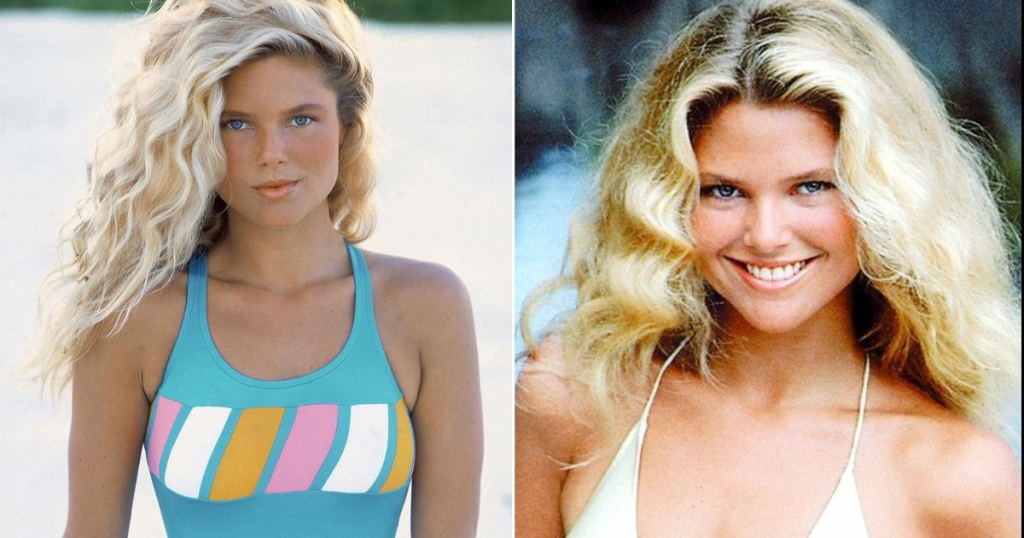Sir David Attenborough is a widely revered figure in the realm of natural history and broadcasting. With a career spanning over six decades, he has captivated audiences around the world with his nature documentaries, fostering a deep appreciation for the wonders of the natural world.
Early on, Attenborough’s fascination with the natural sciences led him to study at the University of Cambridge. After completing his studies, he embarked on a broadcasting career with the BBC in 1952. In the pioneering series “Zoo Quest,” Attenborough not only produced but also appeared on camera, setting the stage for his future endeavors and establishing his engaging and informative style.

In the 1970s, Attenborough made a significant shift in his career, transitioning back to content creation from administrative roles within the BBC. This shift led to the creation of the groundbreaking series “Life on Earth” in 1979, which reached an astonishing 500 million viewers worldwide. Attenborough’s subsequent works, such as “The Blue Planet” and “Planet Earth,” have been acclaimed for their extensive research, stunning cinematography, and his captivating narration.
What truly sets Sir David Attenborough apart is not only his immense knowledge of the natural world but also his ability to connect with audiences. His warm and engaging narration conveys both a sense of wonder and an urgent call for environmental conservation.

Throughout his illustrious career, Attenborough has received numerous accolades, including BAFTAs, Emmys, and the distinguished Order of Merit from Queen Elizabeth II. His unwavering commitment to raising awareness about the beauty and fragility of our planet has not only made him a respected broadcaster but also a global advocate for environmental issues. Even in his 90s, his work continues, leaving a lasting impact on future generations.
Now, at the age of 97, Sir David Attenborough openly admits to grappling with memory loss, particularly when it comes to remembering names during scriptwriting. However, this natural decline in memory does not hinder his career or disrupt his daily life. It is estimated that around 40% of people experience memory loss after the age of 65, but this does not necessarily indicate dementia. Attenborough firmly refuses retirement, declaring that “putting your feet up is all very well, but it’s very boring.”

Despite these memory challenges, Sir David Attenborough continues to inspire through his ongoing series, “Planet Earth III,” where he highlights the importance of coexisting with nature and takes on our responsibility towards it. His resolute dedication to his craft and his enduring passion for the natural world make him a living legend and an inspiration to people of all ages.

She was the face of 70s and 80s ‘Cover Girl’. This beauty is now seventy. This is her today

Christie Brinkley was born Christie Lee Hudson on February 2, 1954, in Monroe, Michigan, USA. Raised in Los Angeles, California, she attended Palisades High School before studying art in Paris, France.

Modeling Career
Christie’s modeling career took off when she was discovered in a post office in Paris by American photographer Errol Sawyer.

She gained fame in the late 1970s and 1980s, most notably as the face of CoverGirl, a role she held for an unprecedented 25 years. She appeared on the cover of Sports Illustrated Swimsuit Issue three consecutive times from 1979 to 1981, cementing her status as a top model.



Leave a Reply